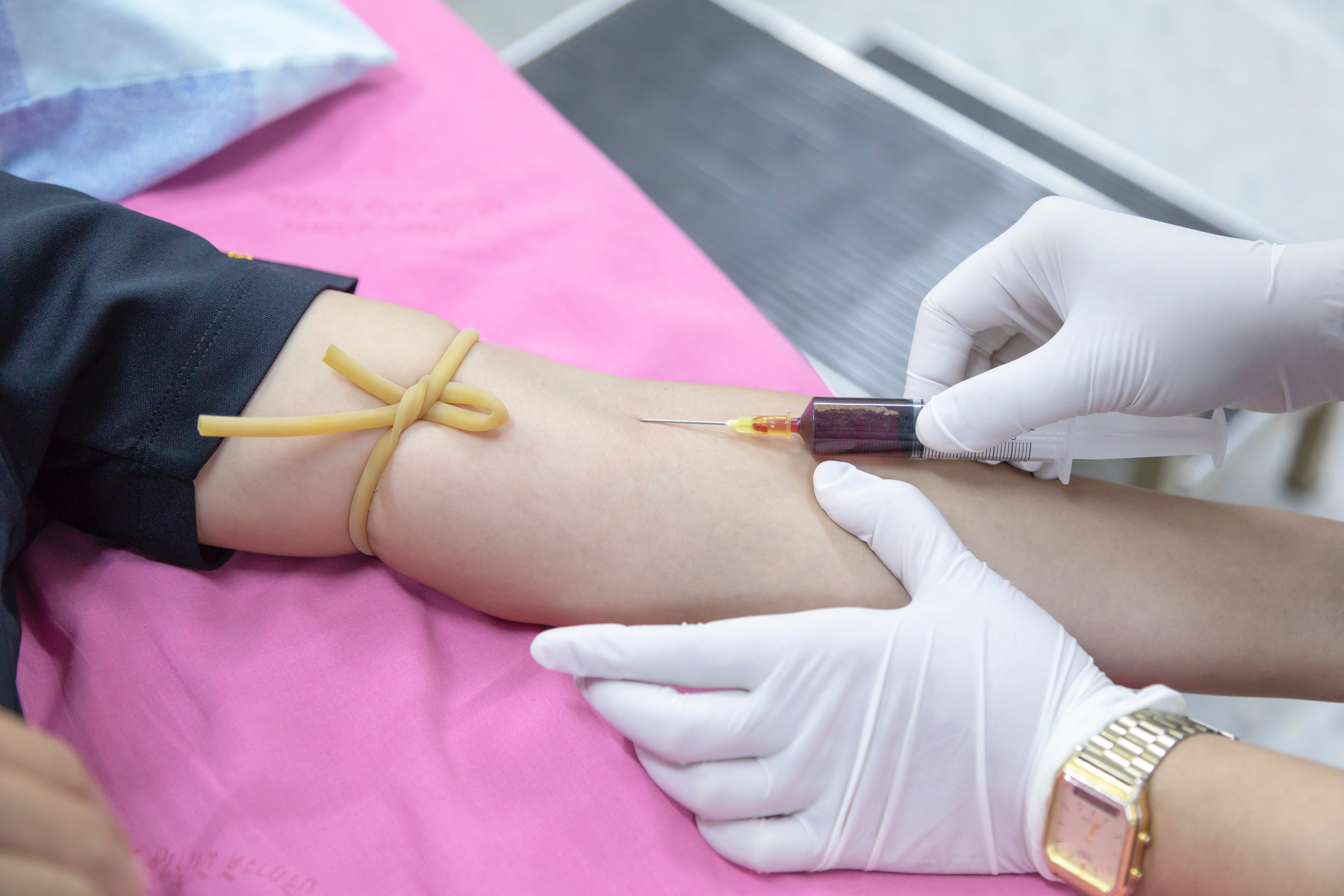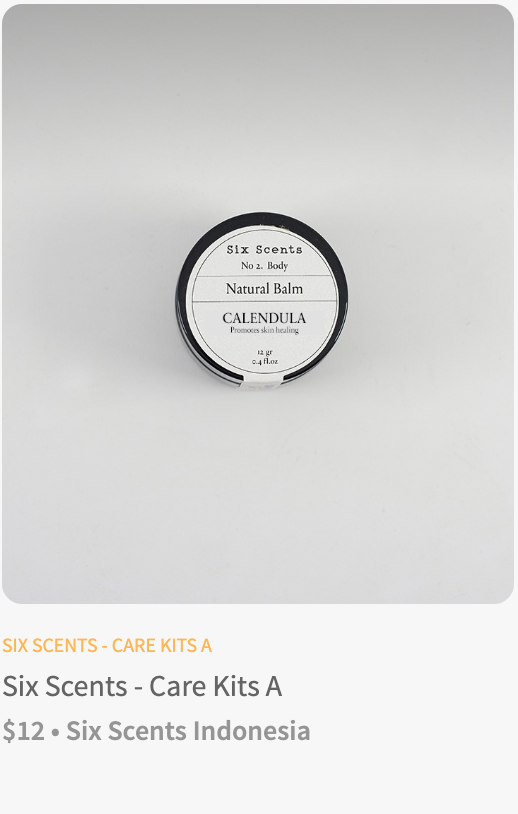There is no such time that the world doesn’t need blood… As a matter of fact, someone in the world needs blood every 2 seconds. Knowing that, it’s not at all surprising that, on a smaller scale, your local hospital might just be in need of an extra bag of blood right now.
One thing for certain, blood donation is extremely beneficial, especially for those in need. Imagine someone who’s been in an accident, or even worse for natural disaster victims. One drop of our blood might just save someone’s lives. Well, actually, blood donation saves more than 4.5 million lives annually, because there is no substitute for human blood.
The most interesting fact about blood donation is that… it turns out that donating blood doesn’t just benefit the recipients. On top of the benefits that come from helping those in need, and potentially saves their lives, there are health benefits for the donors as well.
The Reaping Benefits of Blood Donation
As one of the obvious purposes of donating blood is to help others, this brings the donors to get the benefits of emotional health. According to a report by the Mental Health Foundation, helping others can help to reduce stress, improve emotional well-being, get rid of negative feelings, provide a sense of belonging and reduce isolation.
For the physical benefits, research has found further evidence of the health benefits that come specifically from donating blood. Some of the major health benefits of donating blood are among lowering the risk of heart disease, diabetes and cancer than non-donors. This may be because donating a pint of blood reduces iron levels, which can be toxic in large amounts.
Blood donation may lower the risk of heart disease and heart attack as it reduces the blood’s viscosity. A 2013 study found that regular blood donation significantly lowered the mean total cholesterol and low-density lipoprotein cholesterol, protecting against cardiovascular disease.
According to a 2008 study, people who regularly donate blood has a chance to decrease the risk of certain cancers. These included cancers that are linked to high iron levels, such as liver, colon, lung, oesophagus and stomach cancers. Furthermore, a 2016 study also found that donating blood can lower inflammatory markers and increase antioxidant capacity.
Another plus side of donating blood is that it would be like getting a free health check-up. In order to give blood, donors are required to undergo a health screening to see if the donors are an eligible candidate to donate blood. The check-up includes checking of pulse, blood pressure, body temperature, and haemoglobin levels. This can offer excellent insight into your health, and can effectively detect problems that could indicate an underlying medical condition or risk factors for certain diseases.





















